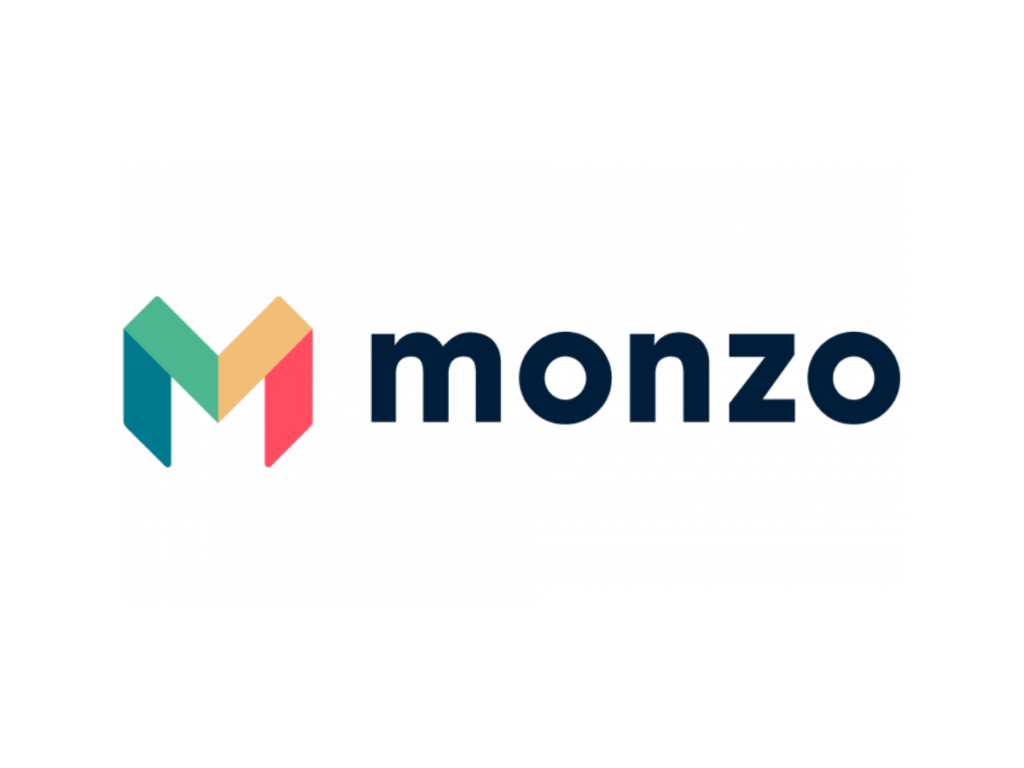Monzo, a British digital-only bank, has expanded its operations by including an investment component.
According to the corporate website, the bank’s Investments function, which was announced on Tuesday (Sept. 12), enables users to invest as little as one British pound in funds managed by BlackRock.
Three funds are offered under the program: “Careful,” for investors who don’t want to take significant risks, “Balanced,” with a moderate level of risk, and a high-risk, high-reward “Adventurous” fund.
According to TS Anil, CEO of Monzo, the tool was introduced to assist British customers who might not be well-versed in the realm of investment. Anil stated in an interview that was released on Tuesday that “there are many, many barriers customers have in getting started… and the aim of our product is to banish those barriers.” “One of the major impediments is the notion that individuals can’t start investing because it’s too expensive.
Another of these is that they feel overwhelmed because they lack the information necessary to begin, so we’ve embedded the knowledge and tools to make wise selections, he continued. “Another is that it doesn’t feel personalized, so to make sure it’s tailored to them, we’re offering three straightforward options based on individual risk preferences.”
The bank is one of the few European neobanks to achieve that profitability target, as was mentioned here in May when Monzo reported its first monthly profit.
The industry is still crowded, earnings are slim, and competition for attention and money is fierce, according to a PYMNTS article from April.
Less than 5% of challenger banks are breaking even, according to a Simon-Kucher estimate, which is cited in that article.
Just 9% of consumers, according to PYMNTS intelligence, utilize FinTechs as their main bank, and 47% are reluctant to use financial services that are only available online.
Few consumers exclusively use digital-only banks, according to “How Consumers Use Digital Banks,” a PYMNTS and Treasury Prime collaboration. Consumers see services like PayPal, Venmo, and Chime as “auxiliary banking services — supplements to the services offered by their more traditional banks.”
In the previous 12 months, “25% of customers have used a neobank, digital bank, or FinTech with bank-like services, excluding those who have used PayPal and Venmo. According to the survey, only 10% of respondents reported that their primary bank accounts are with digital banks.
Additionally, the study indicated that more than half of all consumers continued to use traditional banks even though 39% of respondents believed digital banks may be a viable alternative to traditional ones.












